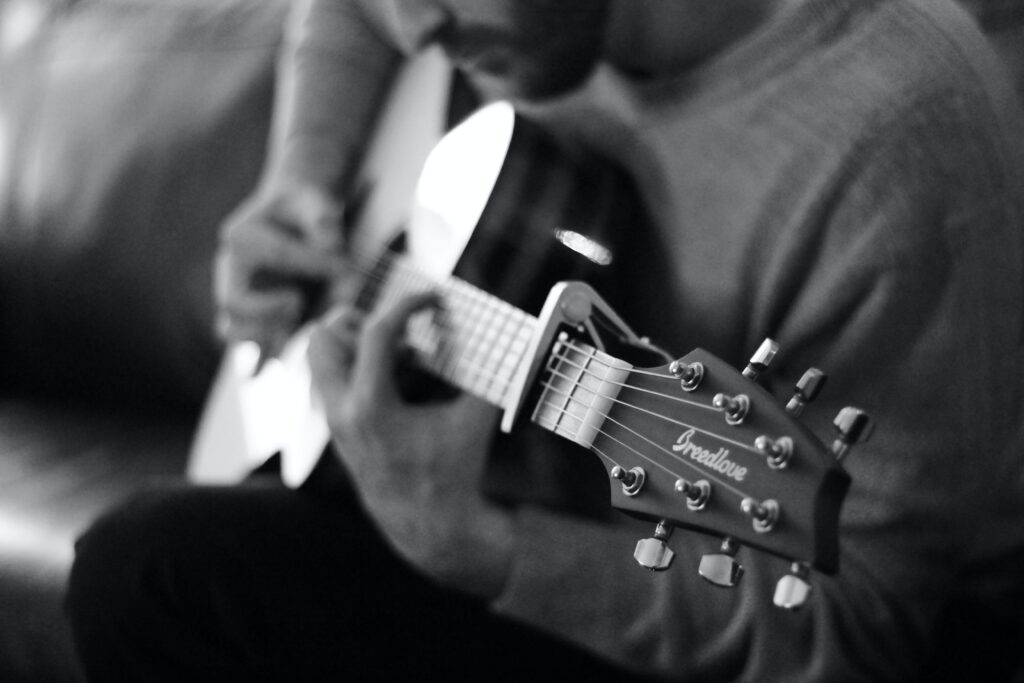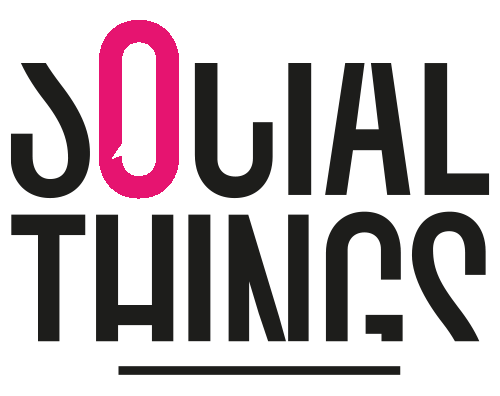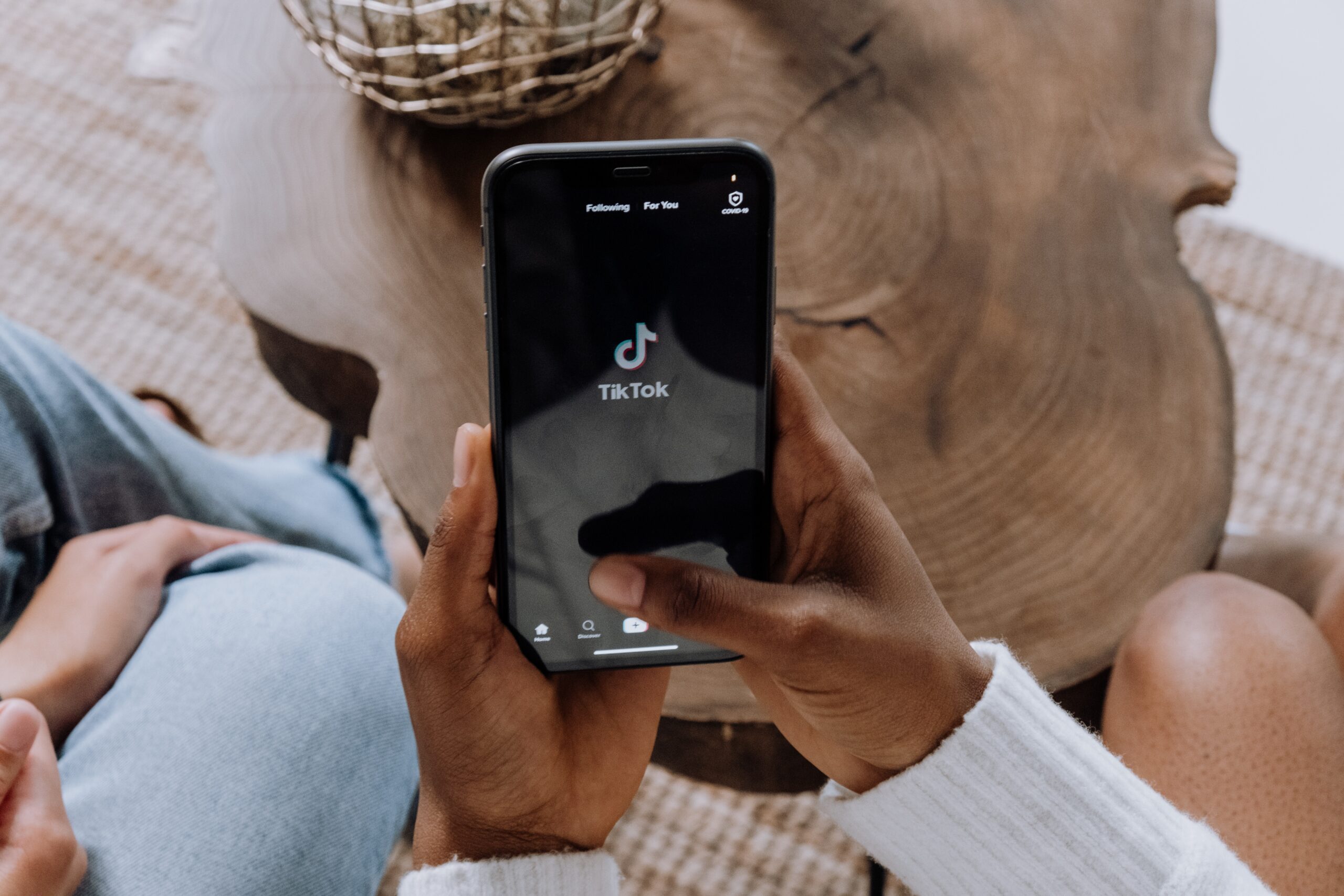In einem Urheberrechtsstreit zwischen Ed Sheeran und den Erben von Ed Townsend, dem Songwriting-Partner von Marvin Gaye, ging es um den Vorwurf der Urheberrechtsverletzung durch Sheerans Hit “Thinking Out Loud”.Am Ende wurde Ed Sheeran von allen Vorwürfen freigesprochen.
Die Kläger, bestehend aus Kathryn Griffin Townsend, Helen McDonald und Cherrigale Townsend, behaupteten, dass Sheeran Teile von Gayes “Let’s Get It On” ohne Genehmigung verwendet habe.

Nach einem längeren Gerichtsverfahren entschied die Jury, dass Sheeran nicht schuldig war und sprach ihn von allen Vorwürfen frei. Der englische Singer-Songwriter äußerte sich nach dem Urteil (siehe unten) erleichtert und betonte, dass das Urteil ein wichtiges Zeichen für die kreative Freiheit von Songwritern sei. Wenn das Urteil anders ausgefallen wäre, hätte dies möglicherweise ernsthafte Auswirkungen auf die Musikindustrie gehabt.
Sheeran hatte zuvor angekündigt, dass er die Musik aufgeben würde, falls er den Fall verlieren würde. Das Urteil bedeutet daher nicht nur das Ende des Rechtsstreits, sondern auch, dass Sheerans Karriere fortgesetzt werden kann, ohne dass sie durch die Vorwürfe der Urheberrechtsverletzung belastet wird.
Hier noch das Statement von Ed Sheeran:
Good afternoon,
I am obviously very happy with the outcome of the case, and it looks like I’m not going to have to retire from my day job after all – but, at the same time, I am unbelievably frustrated that baseless claims like this are allowed to go to court at all.
We have spent the last eight years talking about two songs with dramatically different lyrics, melodies and four chords which are also different and used by songwriters every day, all over the world.
These chords are common building blocks which were used to create music long before “Let’s Get It On” was written and will be used to make music long after we are all gone. They are a songwriter’s ‘alphabet’, our tool kit and should be there for us all to use. No-one owns them or the way they are played, in the same way, nobody owns the colour blue.
Unfortunately, unfounded claims like this one are being fueled by individuals who are offered as experts in musical analysis. In this instance, the other side’s musicologist left out words and notes, presented simple (and different) pitches as melody, creating misleading comparisons and disinformation to find supposed similarities where none exist. They tried to manipulate my and Amy’s song to try to convince the jury that they had a genuine claim, and I am very grateful that the jury saw through those attempts. This seems so dangerous to me, both for potential claimants who may be convinced to bring a bogus claim, as well as those songwriters facing them. It is simply wrong. By stopping this practice, we can also properly support genuine music copyright claims so that legitimate claims are rightly heard and resolved.
If the Jury had decided this matter the other way, we might as well say goodbye to the creative freedom of songwriters. We need to be able to write our original music and engage in independent creation without worrying at every step of the way that such creativity will be wrongly called into question. Like artists everywhere, Amy and I work hard to independently create songs which are often based around real-life, personal experiences. It is devastating to be accused of stealing other people’s songs when we have put so much work into our livelihoods.
I am just a guy with a guitar who loves writing music for people to enjoy. I am not and will never allow myself to be a piggy bank for anyone to shake. Having to be in New York for this trial has meant that I have missed being with my family at my grandmother’s funeral in Ireland. I won’t get that time back.
These trials take a significant toll on everybody involved, including Kathryn Townsend Griffin.
I want to thank the jury for making a decision that will help to protect the creative process of songwriters here in the United States and around the world.
I also want to thank my team who has supported me throughout this difficult process and to all the songwriters, musicians and fans who reached out with messages of support over the last few weeks.
Finally, I want to thank Amy Wadge. Neither of us ever expected that 9 years on from our wonderful writing session that we would be here having to defend our integrity. Amy, I feel so lucky to have you in my life.
We need songwriters and the wider musical community to come together to bring back common sense. These claims need to be stopped so that the creative process can carry on, and we can all just go back to making music. At the same time, we absolutely need trusted individuals, real experts who help support the process of protecting copyright. Thank you.
Foto: Lacey Williams



